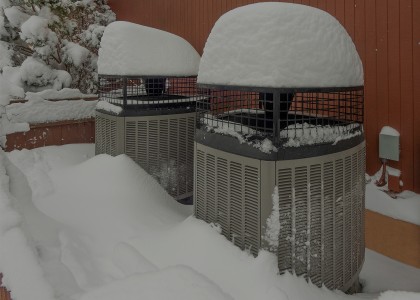Energy efficiency can help North Carolina’s economy recover from the COVID-19 pandemic while protecting ratepayers and making progress toward the state’s climate goals. In 2019, the North Carolina Department of Environmental Quality (DEQ) issued a Clean Energy Plan, and the Duke Nicholas Institute developed a stakeholder-driven Energy Efficiency Roadmap. ACEEE’s report builds on those efforts by analyzing energy, greenhouse gas, and bill savings from several energy efficiency policies and programs recommended by stakeholders. We include enhanced utility programs, financing mechanisms, building code and benchmarking policies, and programs for underserved sectors, including low-income customers, affordable multifamily housing, and industrial and agricultural customers. These recommendations could cost-effectively achieve 11% of the electric power sector greenhouse gas (GHG) reductions needed to meet the state’s 2030 goals (a 70% reduction relative to 2005). They could meet 19% of the state’s electricity needs by 2040 and deliver $2.20 in benefits for each dollar invested in efficiency. Achieving these savings will require action from the state’s agencies, executive branch, legislature, and utilities.
Download the Research Report
| Suggested Citation |
| Gold, R., C. Cohn, A. Hoffmeister, and M. Molina. 2020. How Energy Efficiency Can Help Rebuild North Carolina's Economy: Analysis of Energy, Cost, and Greenhouse Gas Impacts. Washington, DC: American Council for an Energy-Efficient Economy. |







